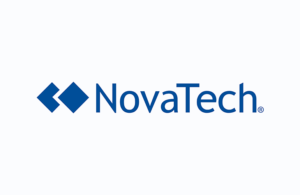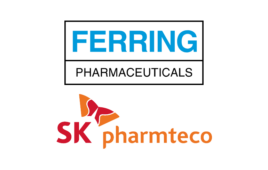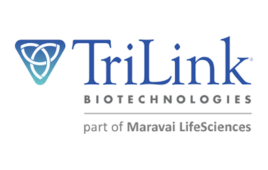 In the early days of the COVID-19 pandemic, Thermo Fisher Scientific (NYSE:TMO) quickly expanded its manufacturing capacity at its Greenville, North Carolina plant to meet demand. The expansion involved adding a new production suite, safeguarding quality, and enabling sufficient production flexibility.
In the early days of the COVID-19 pandemic, Thermo Fisher Scientific (NYSE:TMO) quickly expanded its manufacturing capacity at its Greenville, North Carolina plant to meet demand. The expansion involved adding a new production suite, safeguarding quality, and enabling sufficient production flexibility.
During the expansion, the plant upgraded its existing Distributed Control System (DCS) to support the production of two vital pharmaceuticals during the pandemic. The first was for the antiviral drug Veklury (remdesivir) from Gilead Sciences (NSDQ:GILD). FDA approved Veklury to treat patients with COVID-19 needing hospitalization. Thermo Fisher Scientific retooled the plant to manufacture the EUA-authorized Moderna (NSDQ:MRNA) COVID-19 vaccine.
When retooling their plant, Thermo Fisher upgraded their DCS, which supports the production, conveying and handling of pharmaceuticals.

Image courtesy of NovaTech Automation
In late 2020, boosting the manufacturing of antivirals for those hospitalized with COVID-19 was critical, according to Chris Gepfert, regional sales and MSR channel manager at NovaTech LLC Process Division. Gepfert was involved in the DCS implementation of Thermo Fisher’s Greenville facility. Gepfert said that this process involved adding a new production line, requiring on-site construction and FDA testing.
The plant already used NovaTech’s D/3 DCS and management. The CMO decided to use the distributed control system in the new suite expansions. The system shows real-time process information via a high-performance graphical human-machine interface (HMI).
The CMO and NovaTech worked together to support the need for flexibility in the new suite expansions, according to Gepfert. When the CMO landed a high-volume vaccine contract, the plant’s DCS system could handle the production boost.
Gepfert notes that for high-volume production of this sort, CMOs often require automation to bolster production and reduce operator involvement while reducing the potential error rate.
The DCS uses a modern I/O system, the 8000 series platform, a remote I/O family native integrated with the D/3 System. The combination supports enhanced automation with improved diagnostics, troubleshooting and asset management capability.

Image courtesy of NovaTech Automation
The system supports significant batch process control and automation, with the Sequence and Batch Language (SABL) that the D/3 controllers use. It also supports an S88-based layered batch management package called FlexBatch.
Because the pandemic has disrupted routine CMO production planning, a DCS needs to be flexible and capable of supporting required changes to vaccine and therapeutic manufacture rapidly and easily, Gepfert said.





Tell Us What You Think!